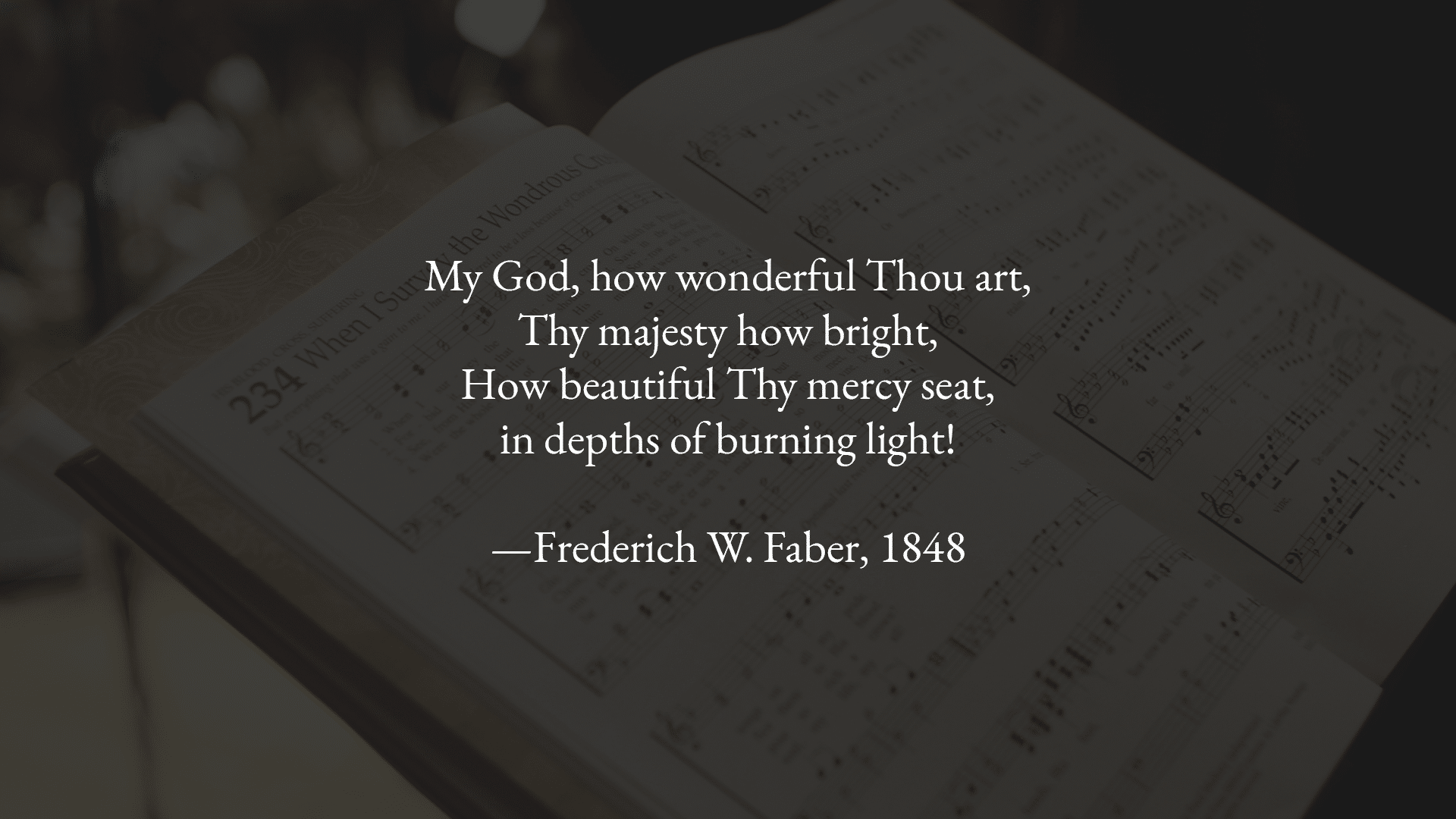In the vast tapestry of Baha’i teachings, the concept of the divine mother emerges as a profound and poetic metaphor that reflects the nurturing qualities inherent within both spiritual and earthly frameworks. The phrase “Thou Art My Wonderful Mother” resonates deeply within the faithful, encapsulating the essence of love, compassion, and the transformative power that mothers embody. This article delves into various dimensions of this theme, offering a reflective homage to motherhood through the lens of Baha’i ideals, infusing each section with insights that illuminate the sacred role of mothers in both the spiritual and worldly spheres.
1. The Spiritual Motherhood
In Baha’i literature, the imagery of motherhood extends beyond biological ties, evoking a sense of spiritual maternity that represents divine attributes. The figure of the mother symbolizes the nurturing force of the universe, suggesting that just as a mother nurtures her child, so too does the divine essence tend to the souls of humanity. Consider how this theological framework encourages believers to recognize the divine presence in their lives as akin to maternal love—unconditional, patient, and eternally forgiving.
2. Attributes of a Divine Mother
The teachings of the Baha’i Faith explore various attributes associated with the Divine Mother, drawing parallels between human motherhood and spiritual qualities. A divine mother embodies attributes such as compassion, wisdom, and sacrifice, qualities that are mirrored in the actions of earthly mothers. This section will illuminate specific characteristics that define a nurturing spirit, intertwining personal anecdotes from Baha’i followers that exemplify these virtues within their maternal relationships.
3. The Role of Mothers in Baha’i Communities
Mothers play an integral role in cultivating the spiritual and moral foundations of their families. In Baha’i communities, a mother’s influence is pivotal in instilling values of unity, tolerance, and love in the next generation. Through personal narratives, this section will explore how mothers serve as the first educators of their children, imparting critical lessons based on Baha’i principles. The nurturing environment fostered by mothers is foundational to a society anchored in Baha’i ideals, emphasizing the significance of both maternal and paternal roles in community development.
4. Celebrating Motherhood
Motherhood within a Baha’i context is also a cause for celebration and reverence. The Baha’i calendar, with its festivals and observances, offers ample opportunities to honor mothers and their contributions to both family and society. This section will detail various Baha’i observances that recognize and celebrate motherhood, providing readers with insights into rituals, prayers, and communal activities that honor this sacred role. Personal testimonials can underscore the joy and gratitude found in these celebrations, illustrating the deep emotional bonds between mothers and their children.
5. Navigating Challenges of Motherhood
While motherhood is heralded for its joys, it is also fraught with challenges. Baha’i teachings acknowledge the complexities and trials faced by mothers, from balancing multiple responsibilities to dealing with societal pressures. This section will delve into the supportive resources available within Baha’i communities designed to assist mothers. Inspirational stories of resilience and strength from mothers can serve as a beacon of hope for those navigating similar challenges. Wisdom from Baha’i texts will be interwoven to provide solace and encouragement, reminding mothers of the divine support available in their journey.
6. The Evolving Nature of Motherhood
In an ever-changing world, the concept and experience of motherhood continue to evolve. Baha’i teachings advocate for the equality of men and women, which extends into the realm of parenting and partnership. This portion will explore contemporary perspectives on motherhood within the Baha’i community, addressing themes such as shared parenting and the collaborative roles between mothers and fathers. By embracing new ideals while remaining rooted in spiritual principles, Baha’i mothers are adept at navigating modern complexities without compromising their values.
7. The Legacy of Motherhood
Ultimately, the impact of motherhood transcends generations, leaving a legacy of love, strength, and enlightenment. The teachings of Baha’u’llah emphasize the importance of nurturing future leaders who embody the values of compassion and justice. This section will reflect on how the legacies of mothers influence societal change and foster community cohesion. The profound connections forged through motherhood can inspire collective action, urging future generations to uphold and disseminate the core tenets of Baha’i teachings.
Conclusion
In the realm of Baha’i teachings, the phrase “Thou Art My Wonderful Mother” encapsulates the essence of a relationship that is both sacred and transformative. By elevating the role of mothers as symbols of divine love and care, one can appreciate the intricate weave between earthly titles and the lofty ideals of spirituality. Through celebrating, supporting, and honoring the maternal figures in our lives, we align ourselves with the core Baha’i principles of unity, love, and service, creating a world enriched by the nurturing spirit of mothers.
